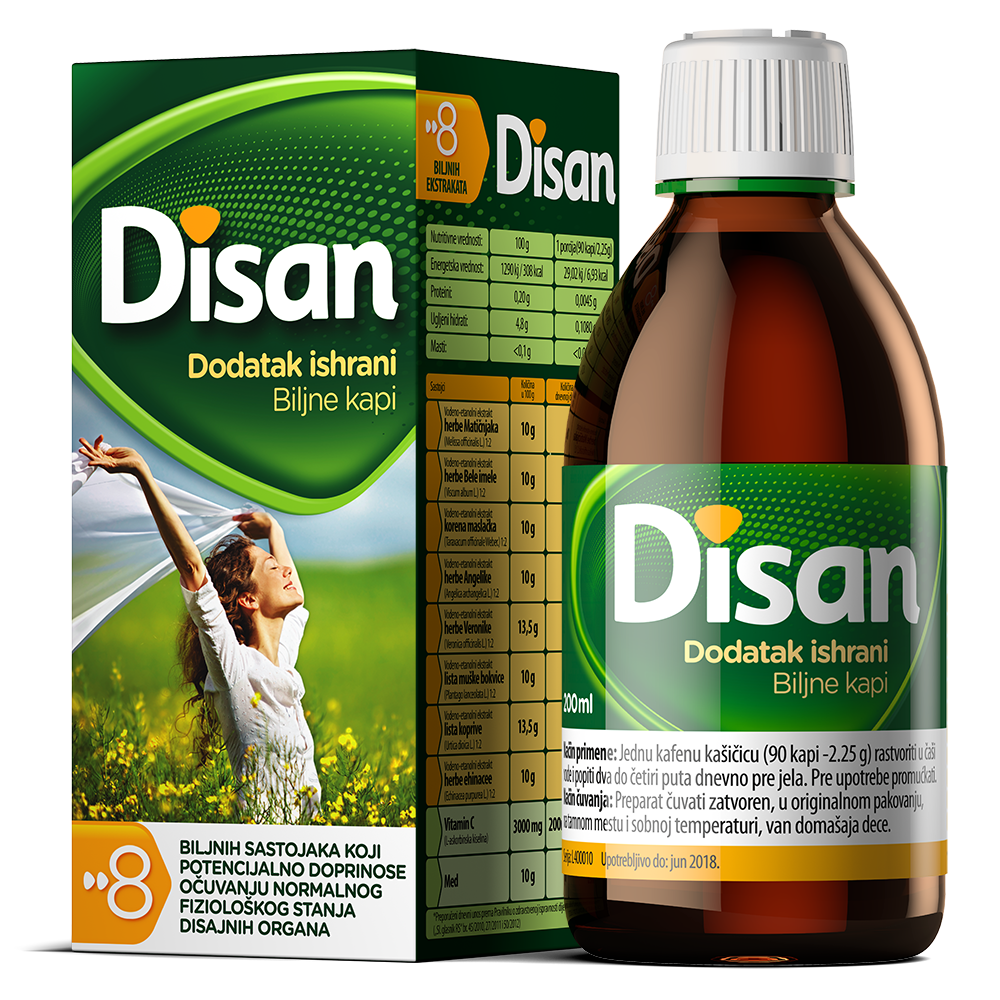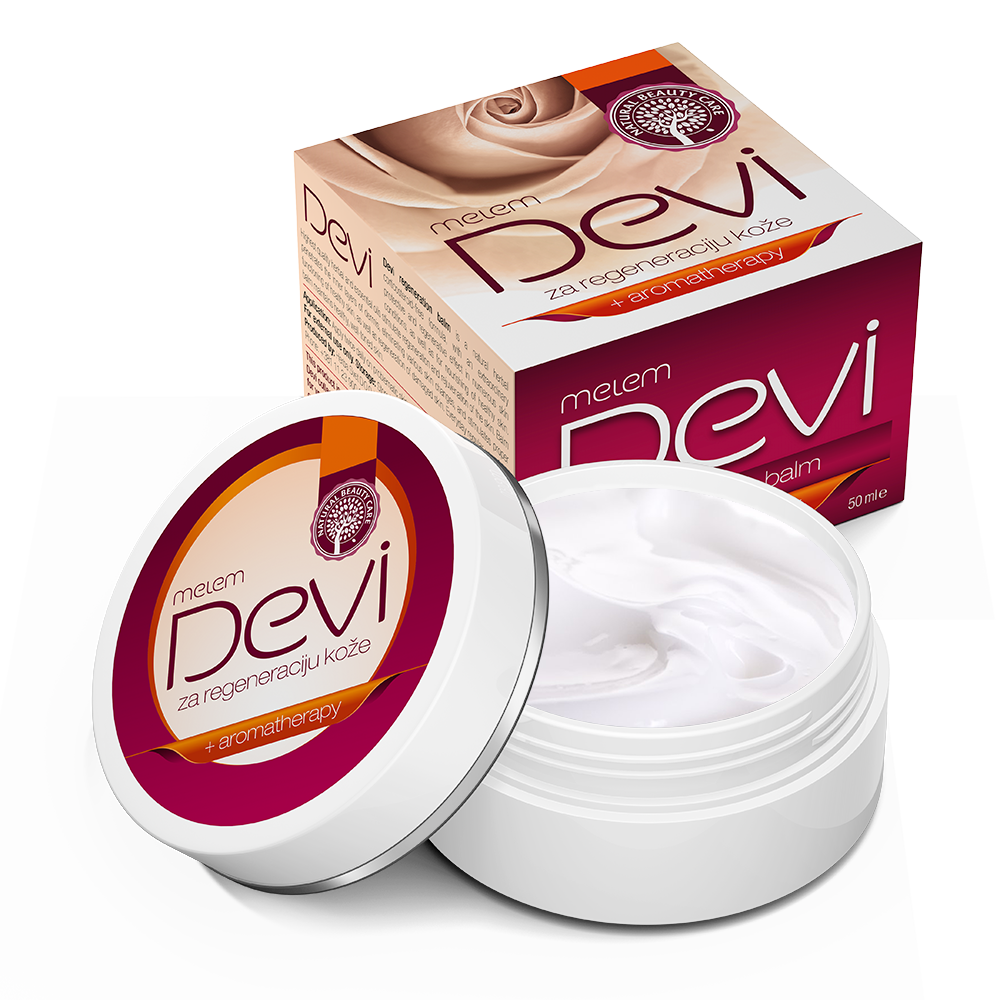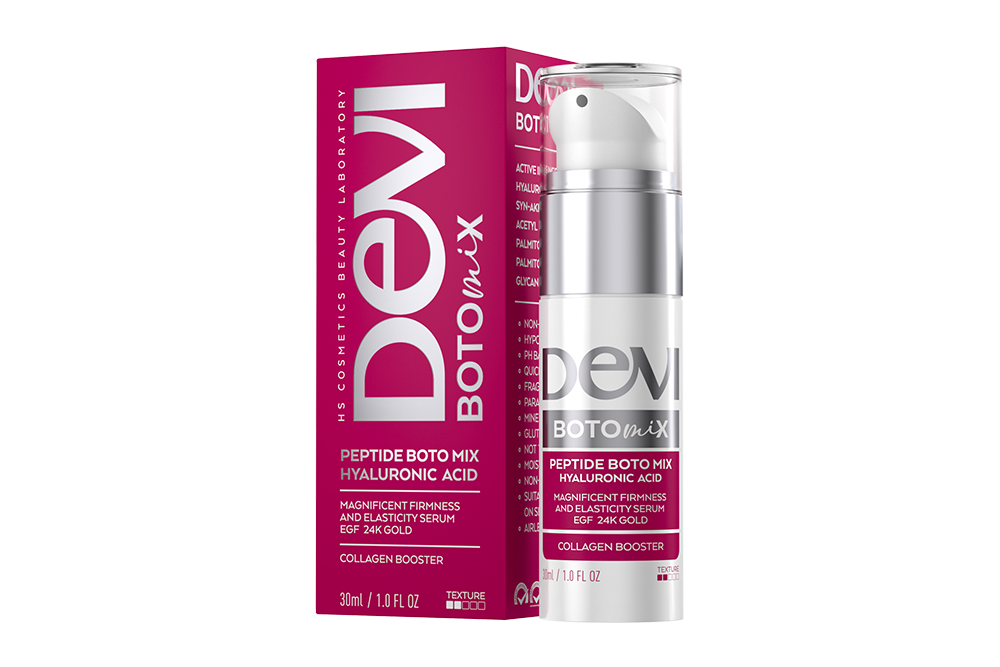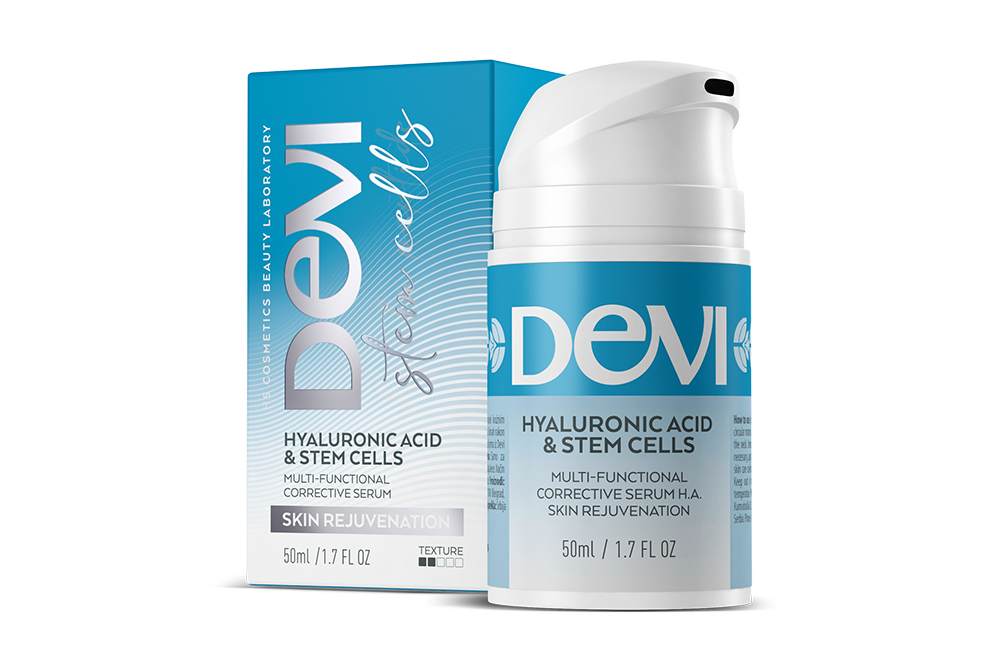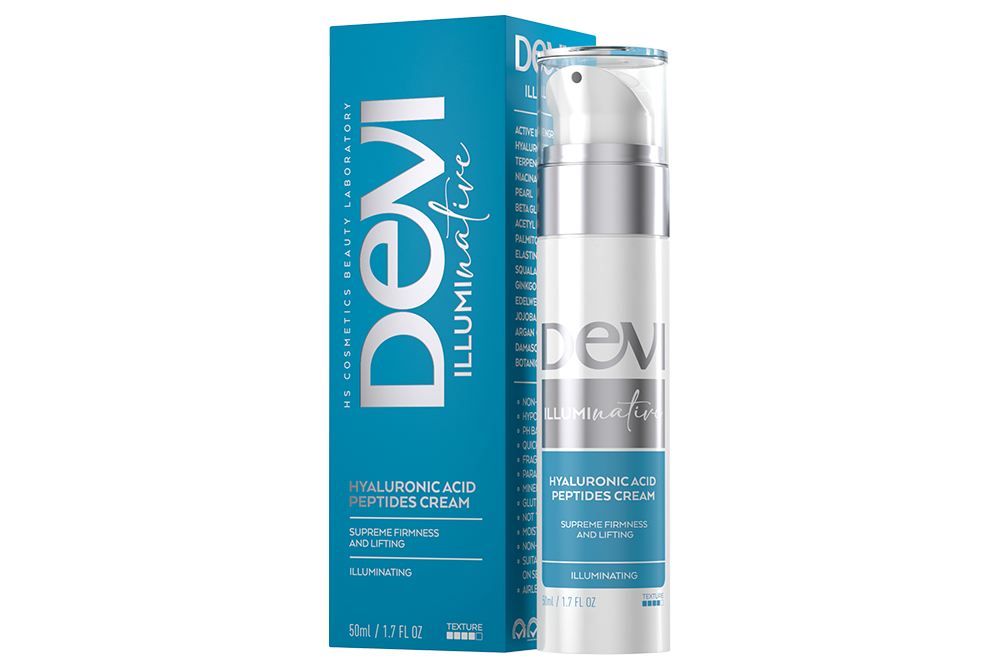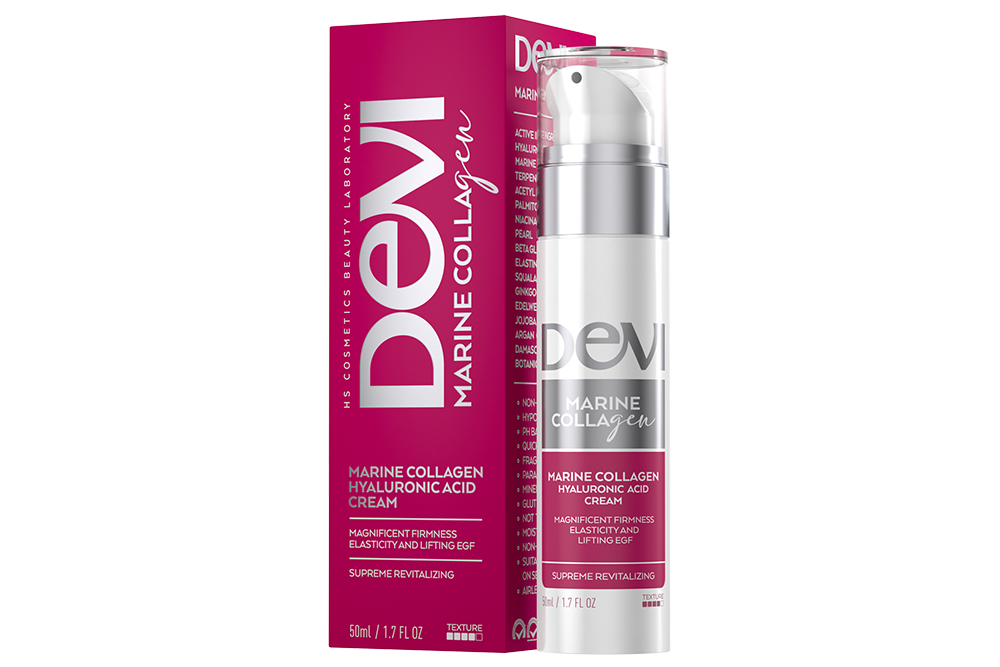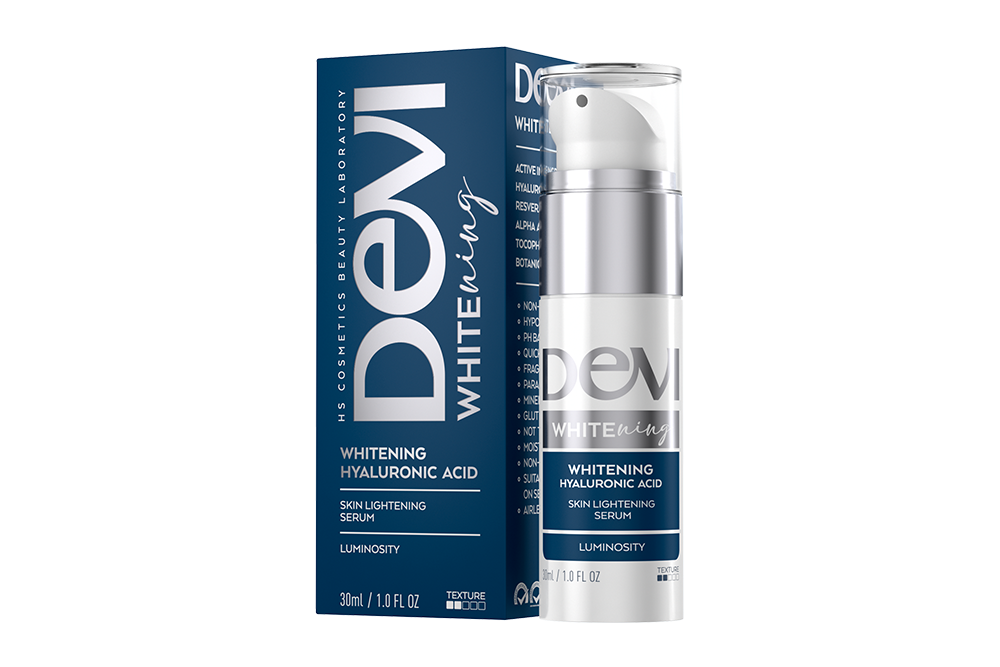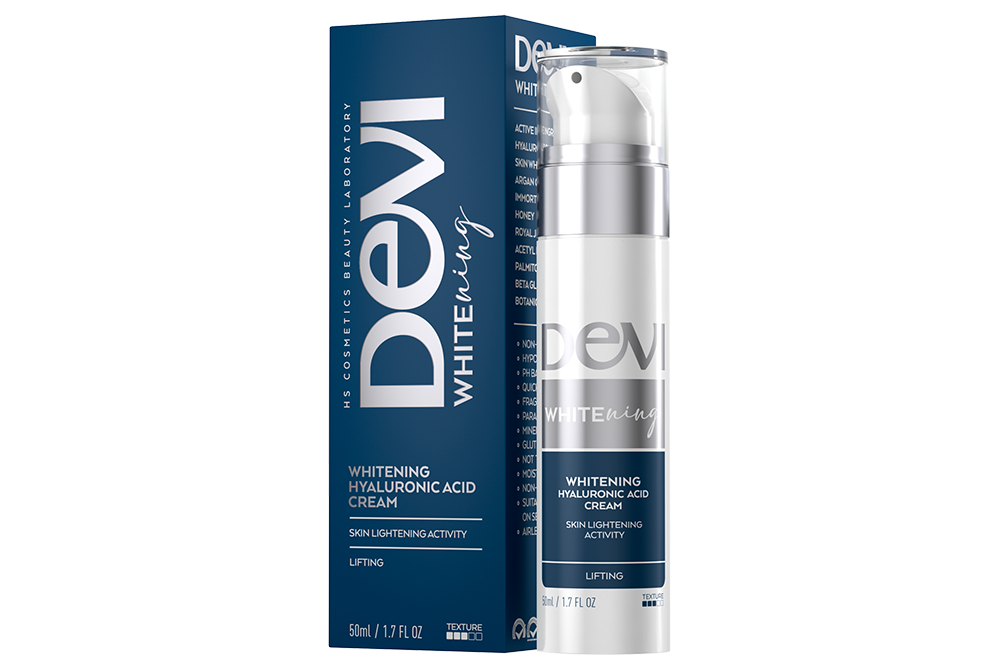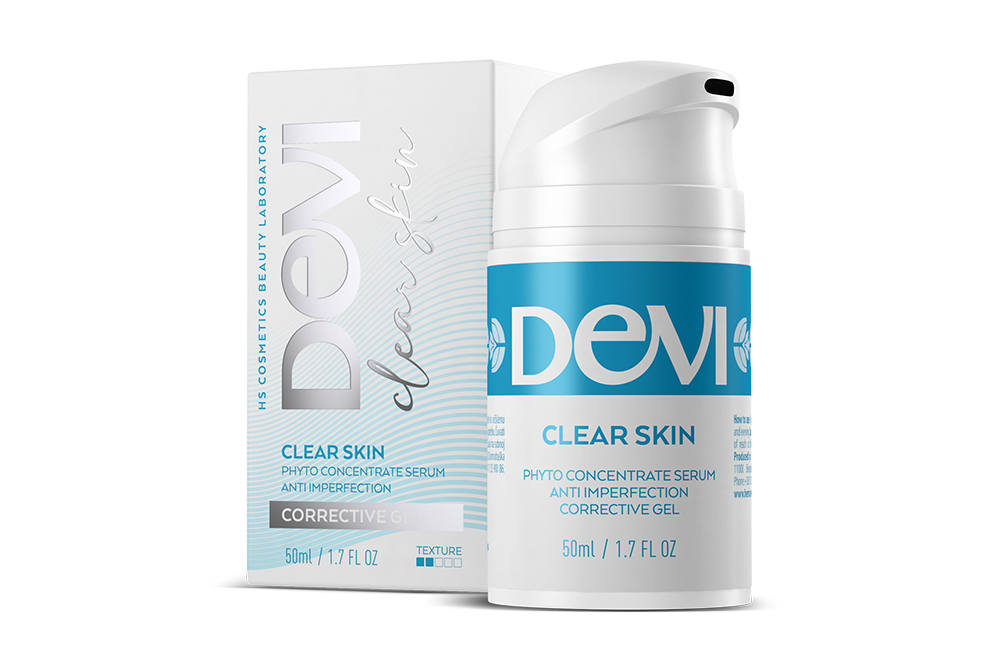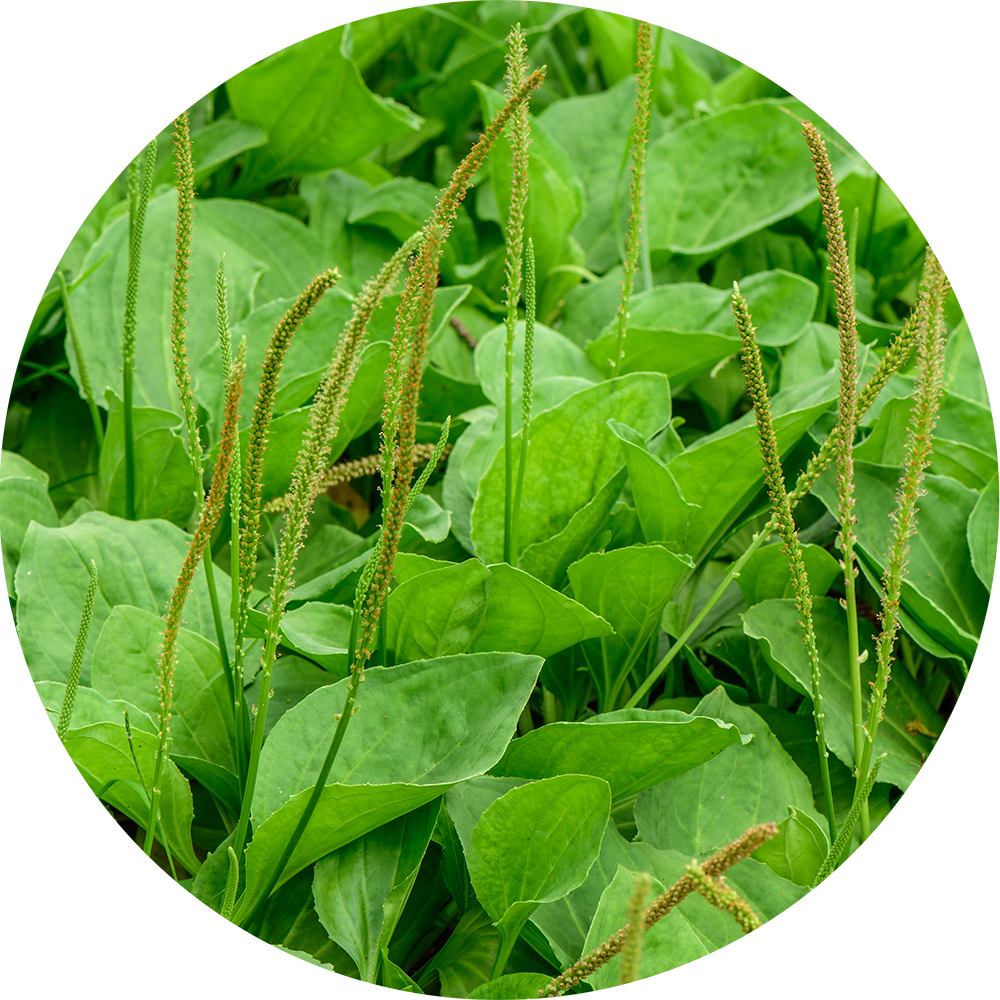(Plantago major)
Broadleaf plantain is a weed that grows everywhere, we walk on it, most often we do not even notice it, totally unaware of how much it is beneficial to us. According to mythology, broadleaf plantain originated from a girl who stood by the roadside and waited and waited… for such a long time that she grew roots and turned into a roadside plant. Later, in Christianity, it became a symbol of the path that leads to Christ. Ancient Romans applied it to wounds, and American Indians used it for snake and insect bites. Pliny mentions it as a remedy for ulcers, the ancient Saxons considered it one of the nine sacred plants, the Aztecs ate it regularly to improve health, Galen wrote that the leaf of this plant cools inflamed tissue and removes pus. It has been used by the Chinese for over 2,000 years, and in our nation since time immemorial.
Broadleaf plantain for wounds
Sebastian Kneipp, a famous Bavarian priest and herbalist, described in the late 19th century how broadleaf plantain was used in folk medicine:
“Should peasants cut themselves while working in the field, they will look for broadleaf plantain leaf, will press it firmly until that stubborn leaf starts giving a few drops. They will then either put this juice directly onto the wound, or would put it on a piece of cloth and wrap their wound with it. If it proves impossible to squeeze the leaf, then it should be rubbed until it becomes moist and soft, and then should be placed on the wound itself”.
Asked if there was a danger of tetanus, Kneipp replied that broadleaf plantain prevents complications: “Plantain will close a gaping wound with a seam as if made of golden thread; for, just as gold will not admit rust, so the plantain will not admit rotting and gangrenous flesh.”
Kneipp was a great champion of the internal and external application of broadleaf plantain. He used to say that the best time to harvest the plant is in springtime, that it should be pressed and drunk as a juice and as a cure for many ailments, for flushing toxins from the body, or that an infusion made with its dried leaves should be drunk to expel mucus from the respiratory tract.
Probably the most famous use of broadleaf plantain is for dressing and preparing balms for wounds, both in our country and around the world. This property of this plant has even found its place in timeless literature, with the famous English Bard saying:
Romeo: Your plantain leaf is excellent for that.
Benvolio: For what, I pray thee?
Romeo: For your broken shin.
(William Shakespeare, Romeo and Juliet, Act 1, Scene 2)
Among herbalists, broadleaf plantain is valued because it is one of the rare plants that has the ability to extract thorns, dirt, pus and infection from wounds. What is very important to know is that before applying it to the wound, the leaf must be thoroughly washed.
A wide range of actions
In the traditional medicine of Persia (today’s Iran), broadleaf plantain is one of the most important plants – it has been an integral part of pharmacopoeias and manuscripts since the 10th century AD. A modern study conducted by the scientists at the Mashhad University of Medical Sciences in Iran looked into the traditional uses of broadleaf plantain and proved the exceptional properties of this medicinal plant for a number of disorders – from neurological problems, to eye diseases, toothache, lung diseases, gastrointestinal disorders, disorders affecting the liver, spleen, the urogenital tract, the skin and mucous membranes. What ancient doctors foresaw has now been confirmed in modern laboratories – broadleaf plantain has so many beneficial effects that it is impossible to list them all:
- Immuno-stimulatory: broadleaf plantain extract stimulates and improves the efficiency of lymphocytes and macrophages, thus preventing the development of infections and tumours;
- Hepatoprotective: broadleaf plantain seed lowers the level of alanine aminotransferase and aspartate aminotransferase (ALT and AST), and normalises liver function;
- Gastroprotective and antiulcerogenic: anti-inflammatory properties of this plant help with inflammatory bowel disease, protect the intestinal mucosa and stomach; the plant has a laxative effect, but it also prevents diarrhoea, initiates intestinal peristalsis, helps with ulcers of the stomach and duodenum, stomach pain and gastritis;
- Pulmonary: broadleaf plantain inhibits the degranulation of fat cells and is valuable in asthma, bronchitis and allergies;
- Diuretic: it helps excrete excess fluid, prevents urolithiasis – the formation of stones and sand in the urinary tract;
- Dermatological: helps with eczema, rashes and skin irritations;
- Antiatherosclerotic: broadleaf plantain leaf inhibits the development of atherosclerosis and hypoglycemia; it thus protects blood vessels and the entire cardiovascular system and also prevents complications in diabetics;
- Anti-inflammatory: this plant prevents inflammation and has an analgesic effect because it inhibits prostaglandin synthesis, just like non-steroidal anti-inflammatory drugs (NSAIDs), but without their negative effects;
- Antioxidants: flavonoids from broadleaf plantain (luteolin, apigenin, hispidulin and baikalein) prevent the formation of free radicals and thus protect the body from cancer cells;
- Antibiotic, antifungal, antiviral: broadleaf plantain helps with viral colds and infections, as well as herpes, malaria, and has been shown to be effective against a number of bacteria (Bacillus cereus, Bacillus subtilis, Staphylococcus aureus, Staphylococcus epidermidis, Escherichia coli, Klebsiella pneumonia, Pseudomonas aeruginosa, Proteus mirabilis, Salmonella enteritidis);
- Anticancer: research has shown the effectiveness of broadleaf plantain extract in a number of cancers: colon, breast, skin, ovaries, cervix, esophagus. Broadleaf plantain stimulates the growth of bone marrow cells and helps patients recover after chemotherapy;
- Effect on wound healing: mostly thanks to polyphenols, broadleaf plantain promotes tissue healing, prevents infections in wounds, cuts, insect bites and burns and helps with superficial damage, redness and swelling, reducing pain.
Synergy of broadleaf plantain
This noble plant is definitely worth studying in more detail: broadleaf plantain belongs to the Plantaginaceae family. There are two medicinal varieties of this plant – Plantago lanceolata with long leaves; and Plantago major with broad leaves. Plantago lanceolata is more effective in disorders of the respiratory tract, mucous membranes of the mouth and throat, as well as inflammation of the skin and wounds; Plantago major is more effective in urinary problems and increased bleeding. Among a number of useful ingredients in this medicinal plant, the following are particularly prominent: amino acids, iridoid glycosides, flavonoids, tannins, phenolic acids, silicic acid, coumarin, esculetin, allantoin…
Although science has proven its beneficial effect, there is no single specific ingredient that cures a specific disease. In fact, the healing properties of broadleaf plantain come from the synergistic action of all its ingredients. This plant is like an entire small pharmacy, as confirmed by a detailed scientific text on it produced by the Faculty of Pharmacy in Oslo.
Broadleaf plantain as a medicine for the lungs
One of the most common uses of the plant is for the treatment of respiratory tract disorders. Broadleaf plantain and honey are a winning combination for respiratory disorders: cough, bronchitis and asthma; a detailed study has found that this plant has the same action as theophylline, a drug used in obstructive pulmonary disease and asthma. It is very effective in lung infections, pneumonia, mucus in the lungs, dry, tickly cough, laryngitis, pharyngitis, allergic bronchitis… Broadleaf plantain soothes inflammation, calms mucous membranes and helps expel bronchial mucus (expectorant).
What is especially useful for the respiratory organs in the leaves of this plant are saponins which among other things create a protective film and disinfect mucous membranes, tannins which help flush toxins from tissues, allantoin which stimulates new cell formation, glycosides and antibiotics which prevent infection and potassium salt which helps in tissue regeneration. In addition to treating lung problems, broadleaf plantain is also great for smokers who want to quit smoking, because it reduces the need for cigarettes, and at the same time cures smokers cough.
Broadleaf plantain syrup can be bought in all pharmacies; broadleaf plantain leaf tea or tincture are equally available. And when we find ourselves in untouched nature, we can pick it and use it as a salad, because it is not only edible but also delicious.
Just as broadleaf plantain leaves themselves are full of ingredients that work in synergy, they are equally exceptional in combination with other plants. When it comes to problems related to the respiratory tract and decreased immunity, this effect is supplemented by heath speedwell, echinacea, dandelion and angelica; if we add lemon balm to all this, we will contribute to calming mucous membrane irritations and soothing sore throat and esophagus. All these plants are combined and supplemented with honey and vitamin C in a completely natural bioelixir – Disan. Whether as a preventive measure or a medicine, Disan should always be part of our small home pharmacy, and whenever we go for a walk, we can look for broadleaf plantain and thank it for all the treasures it has selflessly been giving us.
